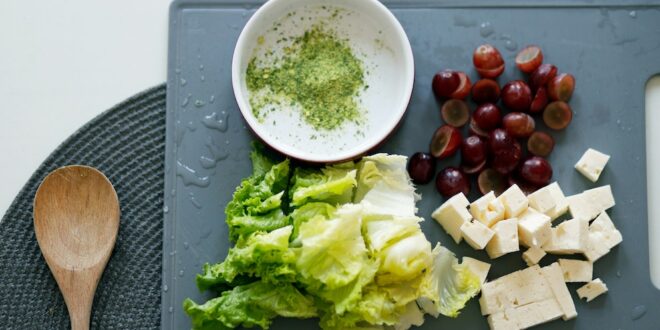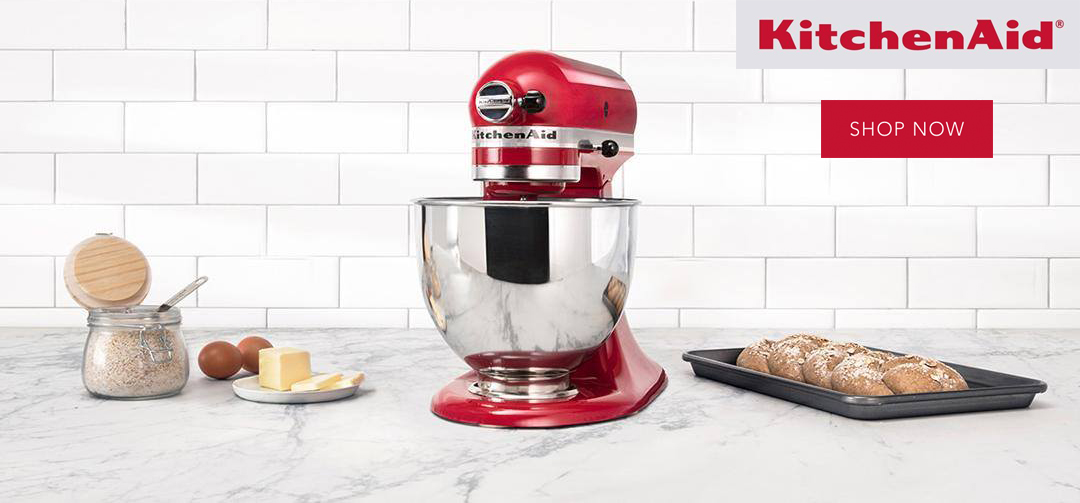Ageing – we can’t avoid it, but we can manage it! Welcome to the first in our ‘Unstoppable’ series where we share smart tips for enjoying life and leisure to the full, as the years roll on!
Golf in the morning, lunch date with friends, minding the grandies after school – no wonder energy levels are waning by the time dinner prep arrives! There’s no denying we tire more easily as we age. Add into the equation a touch of arthritis or a back twinge, and often, it’s the quality of our meals that suffer. This needn’t be the case, though, if you adopt one or two of these smart, energy-saving practises in your kitchen:
- Chop-cheat
Veg prep is time and energy consuming, yet it’s a task we carry out on an almost daily basis. What’s more, it makes a lot of dishes every night! Instead of preparing your veges each night by hand, get out the kitchen wizz, and deal to the week’s carrots, beetroot, capsicums, celery – and whatever else you require – in one hit. Pack the prepared veges into individual zip-lock bags or food-grade bees wax wraps, and store in the chiller section of your fridge. It makes preparing dinner so much easier.
- Fab frozens
It can feel somehow ‘wrong’ to serve up frozen vegetables and fruit rather than fresh, yet frozen produce is not only super-convenient and labour saving (just snip a bag and pour), it’s usually cheaper than fresh, and can be better for us! The fact is, supermarket ‘fresh’ produce is often harvested before it’s fully ripe, with ripening continuing while in transit. This means it may not contain the full complement of nutrients it would have if left to ripen naturally on the plant or tree. ‘Fresh’ produce is also likely to be in transit for up to 3 days, and it then sits on the supermarket shelf until sold or discarded. Some of it is even stored in chillers for up to 12 months before being sold!
Frozen fruit and veg, on the other hand, is picked at it’s prime, and prepared, packaged and frozen in a matter of hours. Food research has found that in the majority of cases, frozen produce contains more antioxidants (molecules associated with fighting cancer) than ‘fresh’ produce stored in the fridge. There’s also no waste with frozen food – you simply refreeze what you don’t use. Don’t be hard on yourself – choose frozen produce for a break, and forget the prep.
- Scratch ‘from scratch’
Most over 50s grew up without convenience foods, which is why we tend to feel it’s cheating if we don’t prepare meals from scratch. Yet precooked, supermarket foods are a tasty, labour-saving, power-saving alternative to turning on the oven. So don’t sprint past the roasted chicken or delicatessen quiche when you’re doing the shopping. You’re allowed to take them home, especially if it means they give you another hour in the garden or on the tennis court!
- Brunch – make the move!
It makes no sense that most of us eat our main meal in the evening – the very time when our energy levels are at their lowest, and we’re likely to be pressed for time. While you may not feel like a main meal at lunch, combining it with breakfast and eating it as brunch could be the answer. Brunch can be as sophisticated as you want to make it – eggs benny with spinach, Smoked salmon and egg salad on a grilled baguette, hash browns with bacon, eggs and a baby-greens salad. These tasty options have all the goodness and nutrients of an evening hot meal but they’re simpler to prepare and the work is done while you’re in the swing, and not when you’re fading in the evening.
Make the move to smart cooking, and enjoy the time – and energy -you’ll save!










Mumma1 - 2 years ago
So true the article about ageing. ! It wasn’t so long ago I wouldn’t bother reading such articles. Hello ! I agree totally in all that is said here enjoy. Enjoy senior years as much as we can now folk !!😀